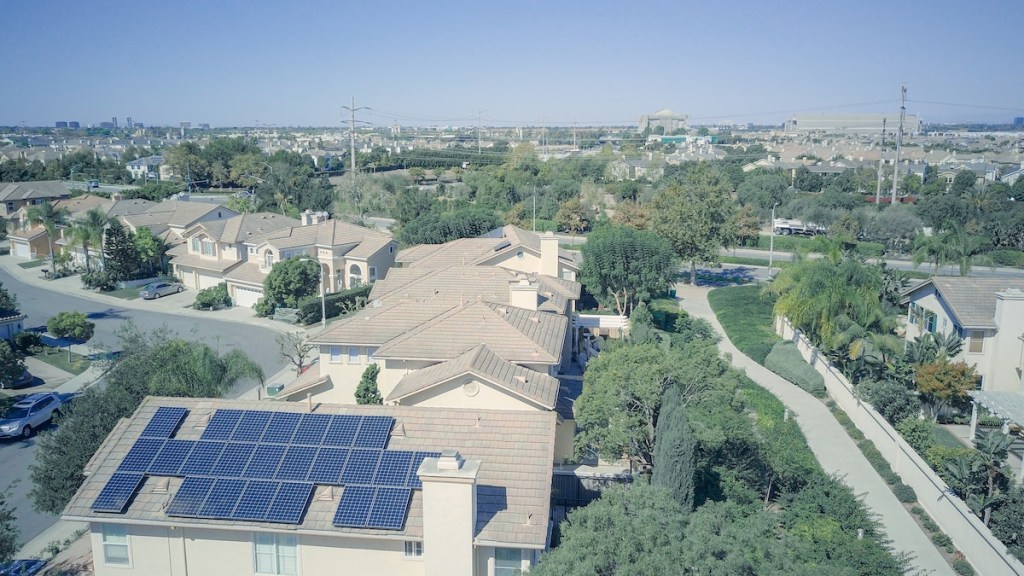Renaissance Solar and Electronic Materials (RSOLEC), a solar enterprise startup with operations in India and the USA, announced its official launch in India and plans to invest about $300 million in the facility. The company deals in differentiated solar and electronic materials manufacturing and is planning to focus on solar crystal growth and watering, making solar cell components of different sizes as per customer demand.
This announcement of RSOLEC aligns with India’s “Atmanirbhar Bharat” mission, adding to the country’s capabilities in the solar manufacturing segment. A statement from the company claims that its primary focus for the next five years will be on crystal growth and wafering in India, which will add to India’s solar manufacturing capacity. The company plans to cover the entire solar value chain over a period of time.
Also read: Solar PV sector in India is becoming a preferred destination for investors
RSOLEC claims to be able to manufacture solar components with a low capital intensity. The roadmap anticipates achieving a capital intensity below $35 million per GW. The company statement also says it plans to generate over 1,000 skilled jobs in the solar sector in the next three years.
Dr Milind Kulkarni, chairman and CEO of RSOLEC says, “Our differentiation lies in our technology-driven, low-risk innovations, positioning RSOLEC at the forefront of the solar industry.” The company is based in Delaware, US and operates in India through its subsidiary located in IIT Madras Research Park.
The facility to be set up in India will be capable of producing thin wafers measuring below 100 micrometers in thickness. The primary product is high-quality silicon wafers with low oxygen content, high lifetime, and controlled resistivity, compatible with all solar cell technologies. The facility will have the capability to produce wafers in various sizes, including M10, G12, and G16. Initial production capacity is set at 5 GW, with plans for expansion to exceed 20 GW in the long term. The company intends to finish commissioning the plant by late 2025 and begin production in 2026.

